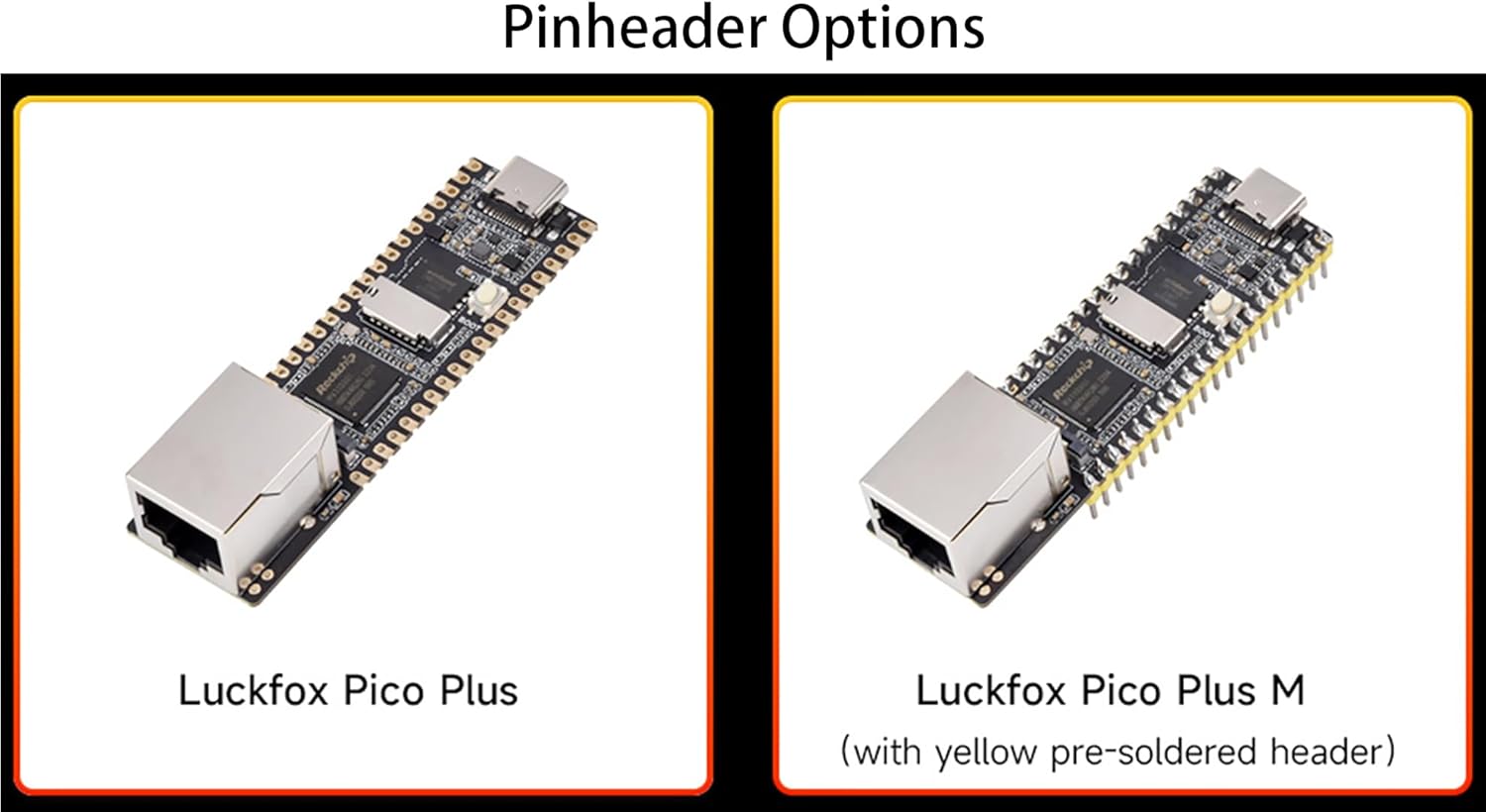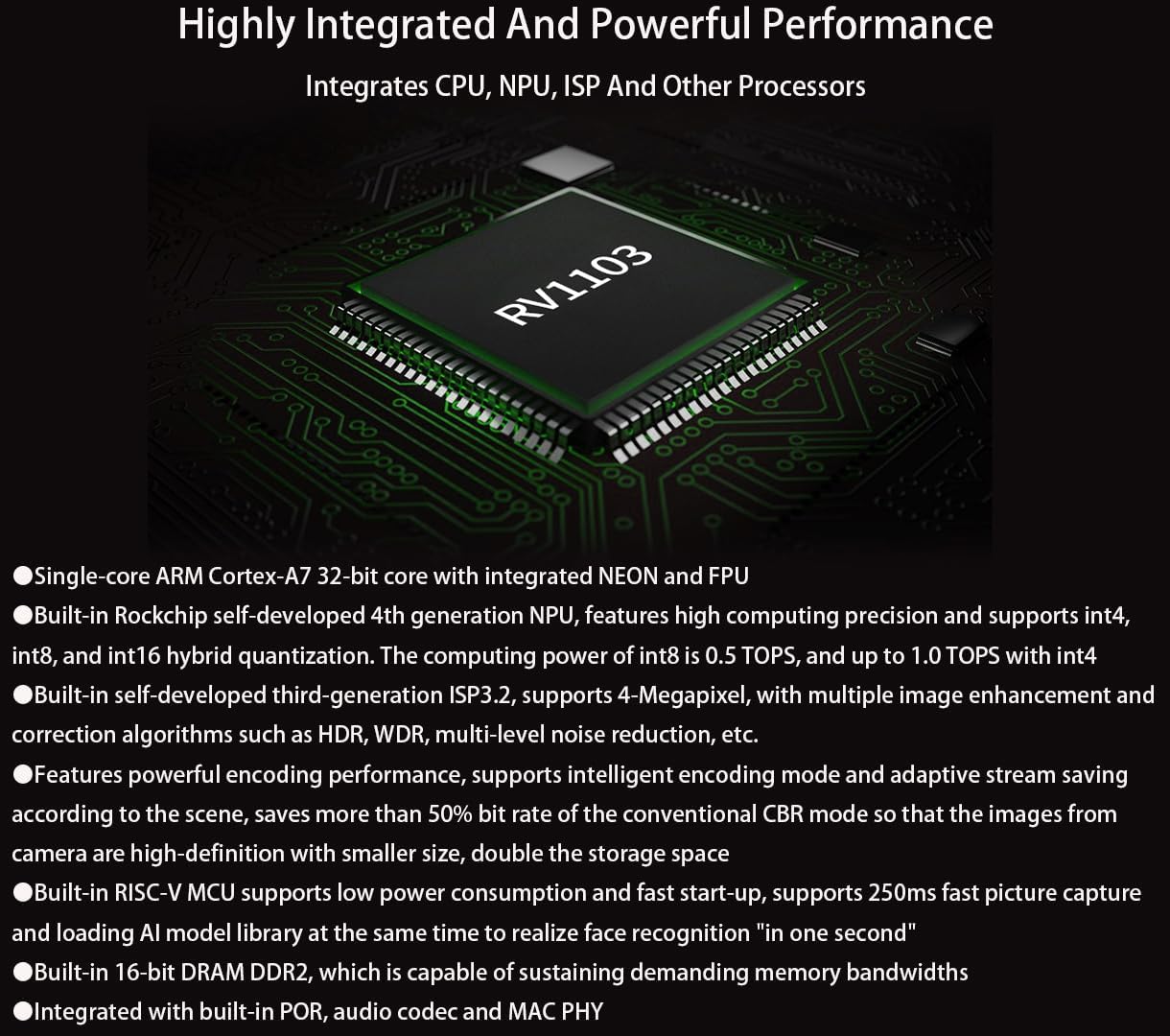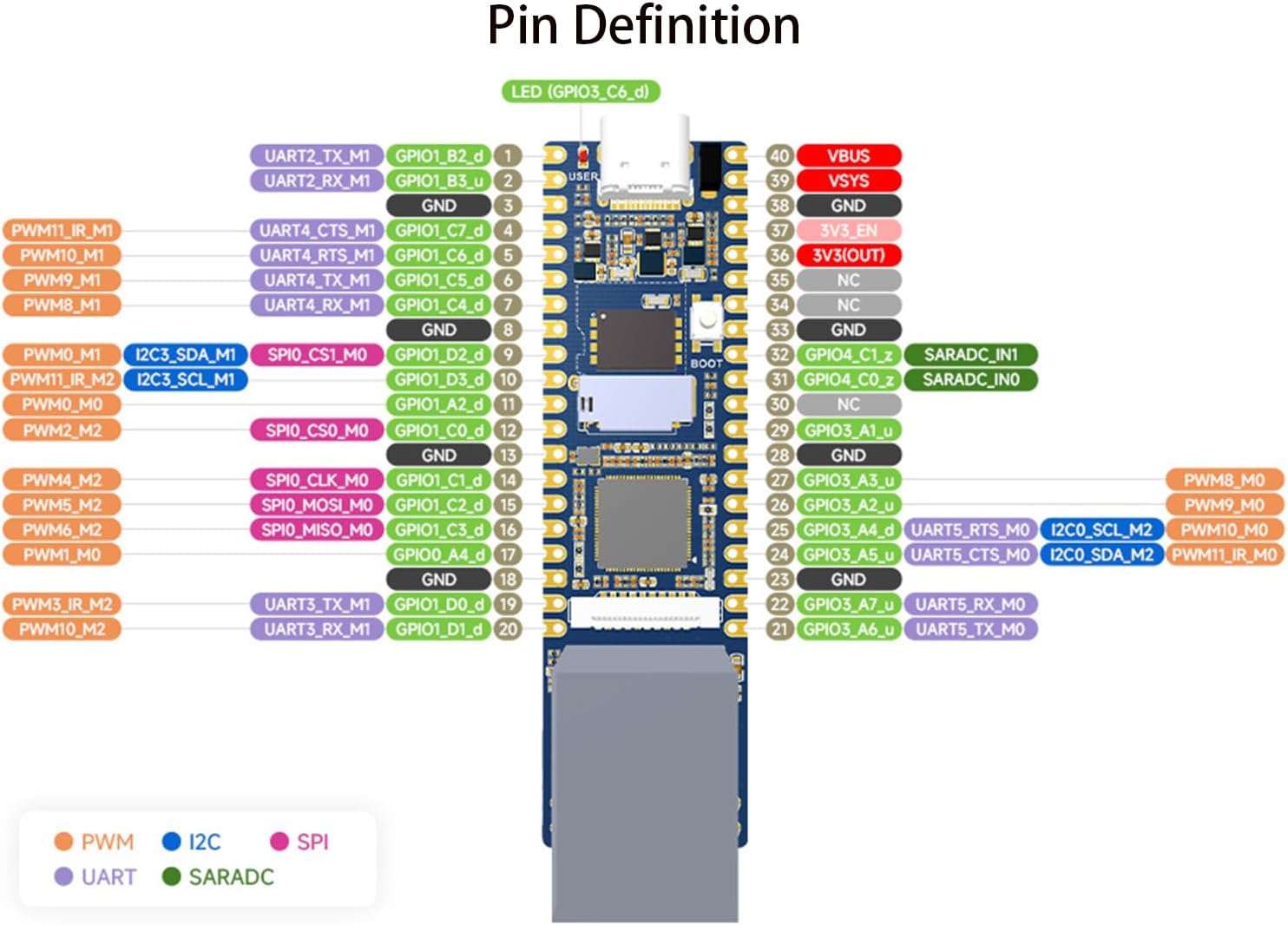








Price: $18.23
(as of Apr 13, 2025 21:04:58 UTC - Details)
The Best ISP: Your Ultimate Guide to Choosing the Right Internet Service Provider
Introduction
In today's digital age, having a reliable internet connection is more important than ever. Whether you're streaming your favorite shows, working from home, or simply browsing the web, the quality of your Internet Service Provider (ISP) can make a big difference. This article aims to guide you through the process of finding the best ISP that suits your needs. We'll explore various factors, including speed, customer service, pricing, and more, using long-tail keywords to help you make an informed decision. So let's dive in!
Understanding Internet Speeds
What is Internet Speed?
When searching for the best ISP, one of the first things you’ll encounter is the term "internet speed." Internet speed refers to how fast data is downloaded and uploaded over your connection. This is typically measured in megabits per second (Mbps). The higher the Mbps, the faster your internet will be. For most households, a speed of at least 25 Mbps is recommended for streaming and browsing.
Why Does Internet Speed Matter?
A faster internet speed not only enhances your online experience but also allows multiple devices to connect simultaneously without lag. This is particularly important if you have a large family or multiple users in your household. Choosing an ISP that offers adequate speeds for your needs will ensure smooth streaming, gaming, and browsing experiences.
Types of Internet Connections
DSL vs. Cable: Which is Better?
When evaluating ISPs, you’ll often come across different types of internet connections. Two of the most common are DSL (Digital Subscriber Line) and cable internet. DSL uses telephone lines to deliver internet service, while cable internet uses coaxial cables.
DSL Pros and Cons:
- Pros: Generally more widely available, often cheaper.
- Cons: Speeds can fluctuate based on distance from the provider's central office.
Cable Pros and Cons:
- Pros: Faster speeds, especially during peak times.
- Cons: Availability can be limited in rural areas.
When choosing between these two, consider your location and the specific offerings from local ISPs.
Fiber Optic Internet: The Future of Connectivity
If you're looking for the fastest internet speeds, fiber optic technology is the way to go. Fiber optics use light signals to transmit data, resulting in incredibly fast speeds and reliable connections.
Benefits of Fiber Optic Internet:
- Super fast speeds: Ideal for heavy users and households with multiple devices.
- Low latency: Great for gaming and video conferencing.
While fiber may not be available everywhere, if you have the option, it’s worth considering due to its superior performance.
Pricing and Plans
Understanding Internet Pricing
When exploring the best ISPs, pricing is a crucial factor. Different providers offer various pricing structures, including promotional rates and long-term contracts.
Tips for Choosing the Right Plan:
- Compare costs: Check different ISPs in your area and compare their prices.
- Look for hidden fees: Ensure you understand the total cost, including installation fees, equipment rentals, and taxes.
Value for Money: What to Consider
While it may be tempting to go for the cheapest option, consider what you’re getting for your money. A slightly more expensive plan may offer better speeds, customer service, and reliability, which can be worth the extra cost in the long run.
Customer Service and Support
Importance of Customer Service in ISPs
Customer service is an often-overlooked factor when choosing an ISP. Poor customer support can lead to frustrating experiences, especially when you encounter issues with your connection.
Evaluating Customer Support Options
Before committing to an ISP, research their customer service reputation. Look for companies that offer:
- 24/7 support: Availability around the clock can be crucial for resolving issues quickly.
- Multiple contact methods: Options like live chat, phone support, and email can make it easier to get help.
Reading customer reviews can also provide insight into an ISP's support quality.
Contract Length and Flexibility
Short-Term vs. Long-Term Contracts
Many ISPs require contracts that can last from one to two years. Before signing, consider your options:
- Short-term contracts: These provide flexibility but may come with higher monthly rates.
- Long-term contracts: Often come with discounted rates but lock you in for an extended period.
The Importance of Cancellation Policies
Check the cancellation policy of any potential ISP. If you need to break the contract early, understanding the penalties can save you from unexpected fees.
Internet Reliability
What is Internet Reliability?
Internet reliability refers to how consistently you can access your service without interruptions. This is crucial for anyone who relies on the internet for work or entertainment.
Evaluating Reliability
When assessing ISPs, look for:
- Service uptime: A good ISP should guarantee high uptime percentages (ideally 99% or more).
- Local network congestion: Some ISPs may experience slowdowns during peak hours.
User reviews can provide valuable insights into an ISP's reliability and consistency.
Conclusion
Choosing the best ISP for your needs is crucial in today's connected world. By considering factors like internet speed, connection type, pricing, customer service, contract flexibility, and reliability, you can find a provider that fits your lifestyle. Remember, the right ISP can significantly enhance your online experience, making everything from streaming to gaming smoother and more enjoyable. Take your time to research and compare options to ensure you make the best choice for you and your family. Happy browsing!
Luck-fox Pico Plus M (with Pre-Soldered Header, 64MB DDR2 ) is a cost-effective Linux micro development board, based on the Rock-chip RV1103 chip to provide a simple and efficient development platform for the developers. Single-core ARM Cortex-A7 32-bit core with integrated NEON and FPU
Supports a variety of interfaces including MIPI CSl, RGB LCD, GPIO, UART, SPI, 12C, USB, etc. which is convenient for developing and debugging quickly
Built-in Rockchip self-developed 4th generation NPU, features high computing precision and supports int4, int8, and int16 hybrid quantization. The computing power of int8 is 0.5 TOPS, and up to 1.0 TOPS with int4
Built-in self-developed third-generation ISP3.2, supports 4-Megapixel, with multiple image enhancement and correction algorithms such as HDR, WDR, multi-level noise reduction, etc.
Features powerful encoding performance, supports intelligent encoding mode and adaptive stream saving according to the scene, saves more than 50% bit rate of the conventional CBR mode so that the images from camera are high-definition with smaller size, double the storage space
Built-in RISC-V MCU supports low power consumption and fast start-up, supports 250ms fast picture capture and loading AI model library at the same time to realize face recognition "in one second"
Built-in 16-bit DRAM DDR2, which is capable of sustaining demanding memory bandwidths. Integrated with built-in POR, audio codec and MAC PHY
